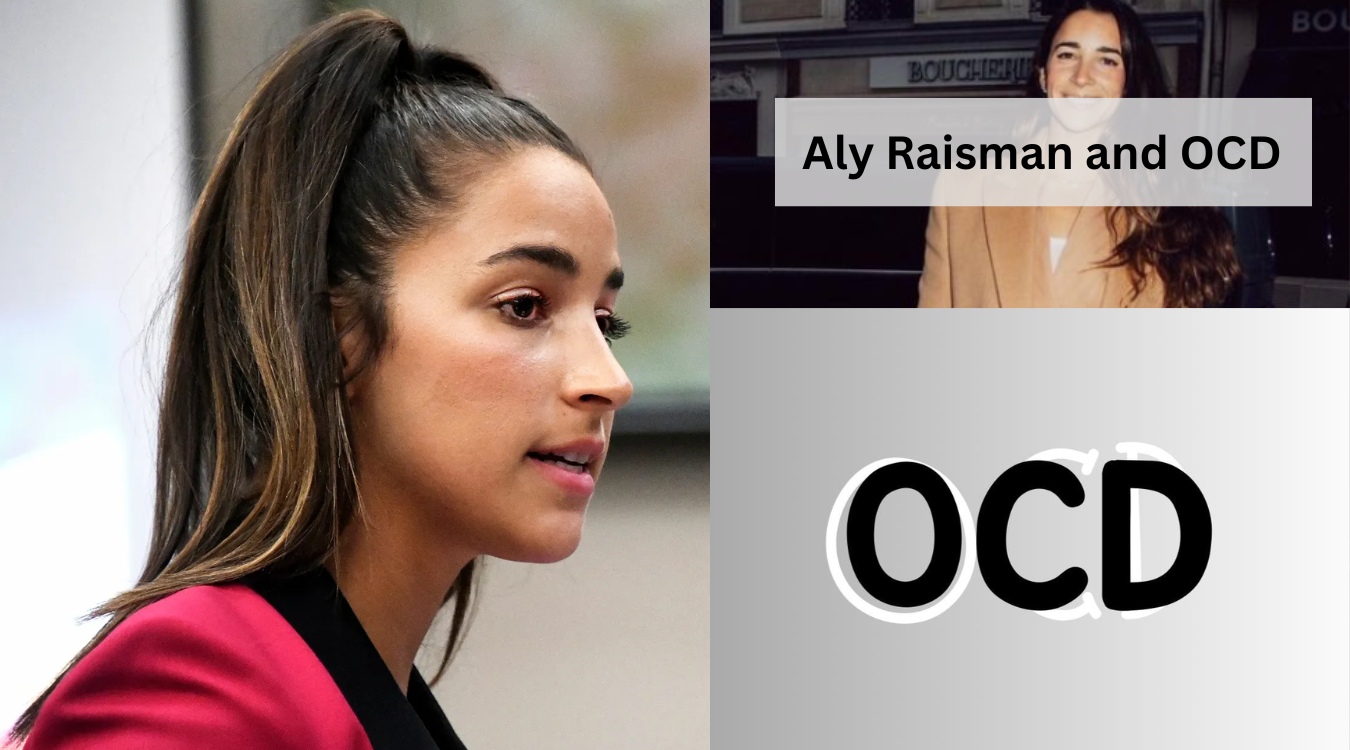Aly Raisman (Alexandra Raisman) is an Olympic gold medal winner and the greatest gymnast of all times; her elegance and tenacity and openness about struggles with mental health, especially Obsessive-Compulsive Disorder, have inspired millions. Her successes as a champion athlete are even more storied, but her openness about mental health struggles helps lift a little veil regarding the relationship between greatness in athletic endeavors and psychological wellness. Her story, part of Raisman's journey, demystifies OCD (Obsessive-compulsive disorder) and raises awareness about mental health relevance in every aspect of life -- even in the realm of sports.
OCD, in a nutshell, is the condition involving obsessions, which are unwanted thoughts recurring in an individual's mind accompanied by compulsions or responses to those thoughts that are repetitive behaviors. The effects of OCD can affect people differently and often bring distress and hinder the usual daily activities. For Aly Raisman (Alexandra Raisman) and fellow athletes, perfectionism, performance anxiety, and the pressure to excel all the time contribute to these symptoms, thereby making OCD (Obsessive-compulsive disorder) another challenge to work out along with physical training.
The case of Raisman also presents a challenge to all athletes fighting against OCD in terms of the struggle between the demands of their strenuous sports and the needs of their mental health. Gymnastics is a sport that thrives on precision and high pressure, where obsessive tendencies are encouraged in some as they seek perfection. Given these challenges that would have amplified her experience with OCD, achievements that manifested at the world stage make Raisman an excellent athlete. She, somehow, managed to pull off flawless routines under the intense lenses of the camera while fighting against the intruding thoughts within herself, exemplifying the sheer strength of woman.
Even as she struggled with all these aspects, Raisman has been open to speaking about her mental health and OCD experience. Such openness helps dissolve stigmas attached to the disorder, especially in high-performing individuals like elite athletes. Mental illness, including OCD, so often misunderstood, might actually remain swept under the rug in this sportsman's pressure to maintain some level of invincibility. It is statements like Raisman's that direct much-needed focus to athletics and mental health proof that strength is not just physical but emotional and psychological as well.
More importantly, though, Raisman continues to advocate beyond personal OCD. She has become a very robust fighter for sexual abuse survivors since she was one of the bold gymnasts to speak about the abuse she received at the hands of the former USA Gymnastics team doctor, Larry Nassar. Advocating for her mental health and that of abuse survivors points out the role she is playing in creating a safer, more supportive environment for athletes and for other people.
Indeed, the true power of Aly Raisman's story as a reminder in mental health is in the context of very high-pressure work environments, such as sports. It is through her openness to OCD struggles that one can humanize her and offer hope and inspiration for other people. Raisman continues to fight for an open and tolerant world where mental health runs parallel to a winning track record. She has left an indelible mark on and off the gymnastics floor, a true hero of mental strength and grit.
You can also watch on YouTube: Aly Raisman describes pain of knowing Nassar abused more victims after FBI notified: https://www.youtube.com/watch?v=JU5islLmIVg
